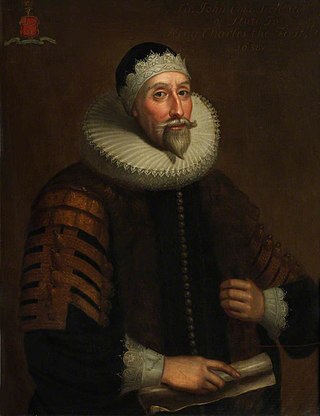
Sir John Coke MP JP PC was an English civil servant and naval administrator, described by one commentator as "the Samuel Pepys of his day". He was MP for various constituencies in the House of Commons between 1621 and 1629, and served as Secretary of State under Charles I, playing a key part in government during the eleven years of Personal Rule from 1629 to 1640.

The Cavalier Parliament of England lasted from 8 May 1661 until 24 January 1679. It was the longest English Parliament, and longer than any Great British or UK Parliament to date, enduring for nearly 18 years of the quarter-century reign of Charles II of England. Like its predecessor, the Convention Parliament, it was overwhelmingly Royalist and is also known as the Pensioner Parliament for the many pensions it granted to adherents of the King.
Events from the 1620s in England. This decade sees a change of monarch.
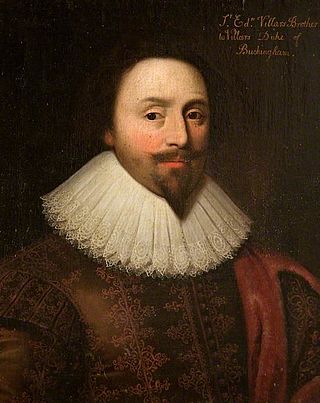
Sir Edward Villiers was an English nobleman from Leicestershire and member of the Villiers family, whose younger half-brother George Villiers, 1st Duke of Buckingham, was a favourite of both James VI and I and his son Charles. Through his influence, Sir Edward gained various positions, including Master of the Mint, Member of Parliament for Westminster and Lord President of Munster. He died in Ireland in September 1626.
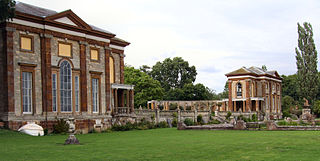
Sir Francis Crane was the founder of Mortlake Tapestry Works at Mortlake on the south bank of the river Thames in South West London.
Sir Francis Barrington, 1st Baronet of Barrington Hall, Essex was a Puritan activist and politician, who was MP for Essex from 1601 to 1604, then 1620 to 1628.
Edmund Dunch, 1st Baron Burnell (1602–1678) was an English Member of Parliament who supported the Parliamentary cause before and during the English Civil War. During the Interregnum he sat as a member of parliament. In 1659, after the Protectorate and before the Restoration, regaining his seat in the Rump he also sat in Committee of Safety. After the restoration of the monarchy he was not exempted under the Act of Pardon and Oblivion but the titles granted to him under the Protectorate were not recognised under the restored monarchy of Charles II.
Sir Henry Mildmay was an English politician who sat in the House of Commons at various times between 1621 and 1659. He supported the Parliamentarian cause in the English Civil War and was one of the Regicides of Charles I of England.

Sir Thomas Jermyn (1573–1645) of Rushbrooke, Suffolk, was an English Royalist soldier and politician who was a Member of Parliament between 1604 and 1640. He became an influential courtier and served as Comptroller of the Household to Charles I from 1639 to 1641.
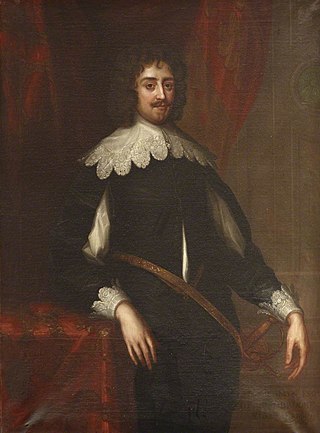
Thomas Jermyn was an English courtier and politician who sat in the House of Commons for various seats between 1625 and 1644. He supported the Royalist cause in the English Civil War.

Sir Alexander Denton was an English politician who sat in the House of Commons variously between 1625 and 1644. He supported the Royalists during the English Civil War. He also has a house at a grammar school in Buckinghamshire
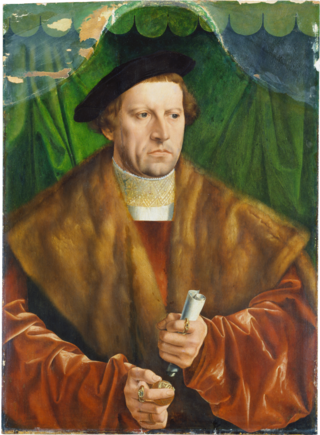
Sir Peter Heyman (1580–1641) was an English politician who sat in the House of Commons variously between 1621 and 1641.
Sir Thomas Cheek, Cheeke or Cheke was an English politician who sat in the House of Commons in every parliament between 1614 and 1653.
Henry Coke (1591–1661) was an English politician who sat in the House of Commons variously between 1624 and 1642.
Sir Robert Pye (1585–1662) was an English courtier, administrator and politician who sat in the House of Commons between 1621 and 1629. He supported the Royalist cause in the English Civil War.
Sir Clement Cotterell (1585–1631) was an English courtier and politician, who sat in the House of Commons from 1621 to 1624.
Sir Edward Wardour was an English officeholder and politician who sat in the House of Commons between 1621 and 1625.
Sir Henry Holcroft (1586–1650) was an English politician who sat in the House of Commons between 1624 and 1629 and held appointments in the Dublin Castle administration in Ireland.









